
“If he is fair dinkum, then Rattenbury will amend his new law to have a single judge decide, as a first step, if there are sufficient grounds to have the territory properly fund those preparing a ‘second appeal’ for a prisoner,” writes legal columnist HUGH SELBY.
YOU are right: nearly everyone who is convicted did it, just as the police and the prosecutor claimed.

But not everyone. Mistakes are made. Many of these mistakes, but not all, are corrected on appeal.
Recognising that there can still be error, Australian jurisdictions have had procedures to inquire, after appeals are exhausted, into whether a conviction is “safe” or “unsafe”.
In the ACT, David Eastman’s conviction for the 1989 shooting murder of senior police officer Colin Winchester is the best known.
Mr Eastman served some 19 years before an inquiry cast doubt on his conviction. There was a retrial at which he was acquitted.
More recently, in NSW, Kathleen Folbigg was granted an unconditional pardon for her convictions for killing her four, small children. A second inquiry (after all appeals failed) accepted that new scientific evidence explained why her children did not die at her hands. The hapless Ms Folbigg spent 20 years in prison.
Some states, and now the ACT, have replaced their traditional “yet another look” procedures with “second appeal” procedures. These have two steps.
First, a single Supreme Court judge examines whether there are sufficient reasons to have the matter put before an Appeal Court (three judges).
Second, if so, then the Appeal Court considers if the conviction should be maintained, an acquittal entered or the conviction set aside with one of the court or prosecutor’s office to decide whether there is to be a new trial or not.
What could go wrong with such a procedure? Has the ACT implemented a best practice model?
To answer those questions let’s look at some of the reasons for wrongful convictions and then whether the ACT’s new law will expose those reasons and rectify the error/s.
Malprosecutions reflect police imperfection: as seen recently in our Magistrates Court as the police misconduct in prosecuting two star NRL players enjoying a night out in Civic was starkly revealed.
CCTV was key to exposing the flawed police account. But in more complex and lengthy investigations (eg murder with no obvious suspect) exposing the investigative error/s will likely be more time consuming and difficult.
Malprosecutions can also reflect lawyer shortcomings, as was found by Commissioner Sofronoff in his criticisms this year of the former ACT DPP’s handling of the abandoned prosecution of Bruce Lehrmann.
Here are some of the reasons that innocent people are convicted:
- Blinkered police investigation that ignores relevant lines of inquiry;
- Poor forensic science – including poor crime scene management, problems with the safekeeping of evidence samples, poor/contaminated lab work, lack of objectivity by forensic staff in reporting/ giving evidence;
- Failure by police and/or ODPP to disclose to the defence information relevant to the case and its presentation;
- Incompetence of defence counsel;
- Perjury and/or subornation of witness/es by police;
- Prejudice (eg racial, religious) by the fact finder/s; and,
- Unbalanced “summing up” to the jury by the judicial officer.
Here are some of the reasons that innocent people remain convicted – even with “second appeal” rights:
- Police “cover up” of investigative deficiencies, police misconduct, and forensic misconduct;
- Refusal by supposedly independent bodies to investigate such police “cover up”;
- Prosecution office “cover up” of errors and omissions by their staff;
- Incompetent lawyers engaged to pursue second appeal case: failure to prepare evidence, failure to understand forensic issues; failure to secure funding for proper inquiries to be made; and,
- Judicial resistance to finding fault with earlier trial judge and/or appellate approaches.
In any “wrongful conviction” case an important issue is who is going to pay for the preparation and the court applications by the prisoner?
After losing a trial and appeals most prisoners are penniless. Legal Aid around Australia – including the ACT – is under-resourced. That means the prisoner is dependent upon free legal advice and representation. Following a South Australian appellate court decision this year there is no incentive, and much disincentive, for well-meaning lawyers to put in a lot of time, and put up with much trouble, acting for prisoners who may be wrongly convicted, as I wrote here.
The new ACT law (being a few amendments to the Supreme Court Act) can be found here.
The rationale for the amendments was explained (here) by the Attorney-General, Shane Rattenbury, in May.
There is no mention by him of the problems outlined above. Rather there is an assumption that what happened to create and then sustain the injustice was inadvertent.
Perhaps the attorney-general means well; however, his amendments ignore the real world and they do not address the wholly unequal resources enjoyed by the competing players.
The resources of the “we got it right” police, prosecutors with something to hide, and incompetent but well-connected defence lawyers to shrug off criticism are near unlimited, while the prisoner is relying on acts of charity to build their case.
If he is fair dinkum, then Rattenbury will amend his new law to have a single judge decide, as a first step, if there are sufficient grounds to have the territory properly fund those preparing a “second appeal” for a prisoner.
Hugh Selby is the “CityNews” legal affairs commentator. His free podcasts on “Witness Essentials” and “Advocacy in court: preparation and performance” can be heard on the best known podcast sites.
Who can be trusted?
In a world of spin and confusion, there’s never been a more important time to support independent journalism in Canberra.
If you trust our work online and want to enforce the power of independent voices, I invite you to make a small contribution.
Every dollar of support is invested back into our journalism to help keep citynews.com.au strong and free.
Thank you,
Ian Meikle, editor

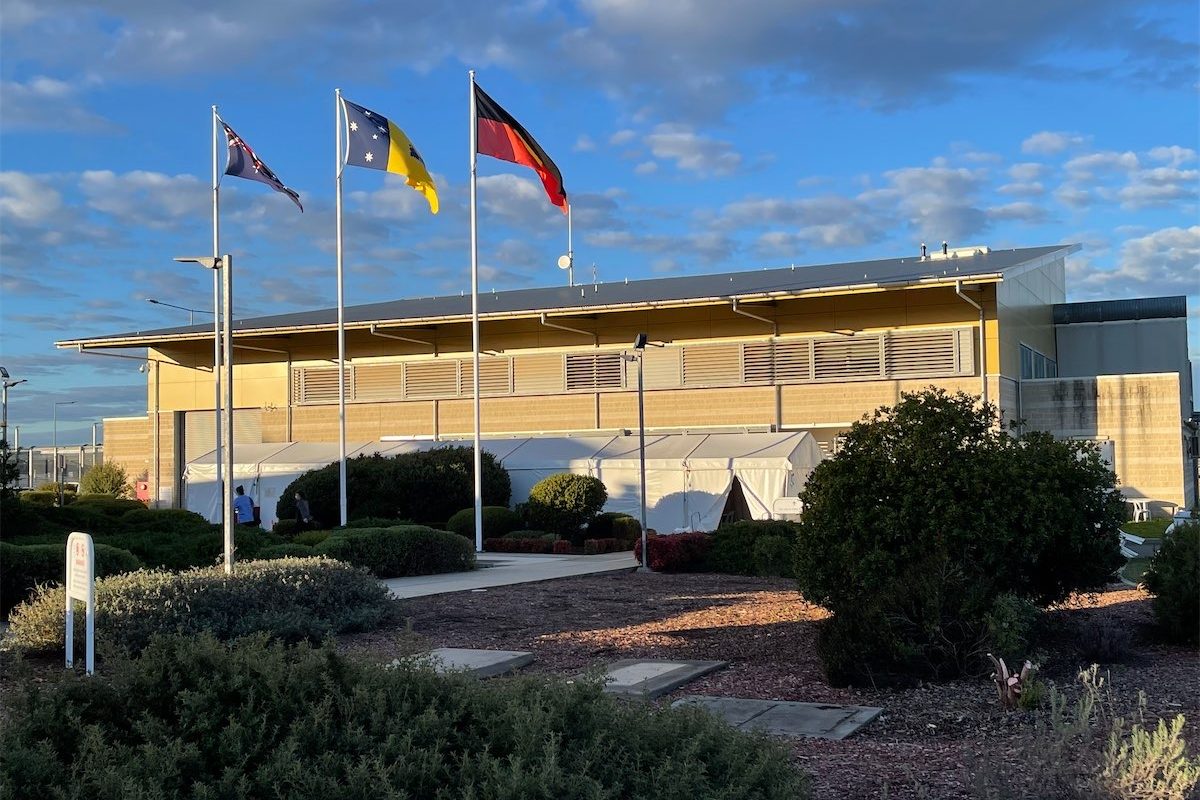
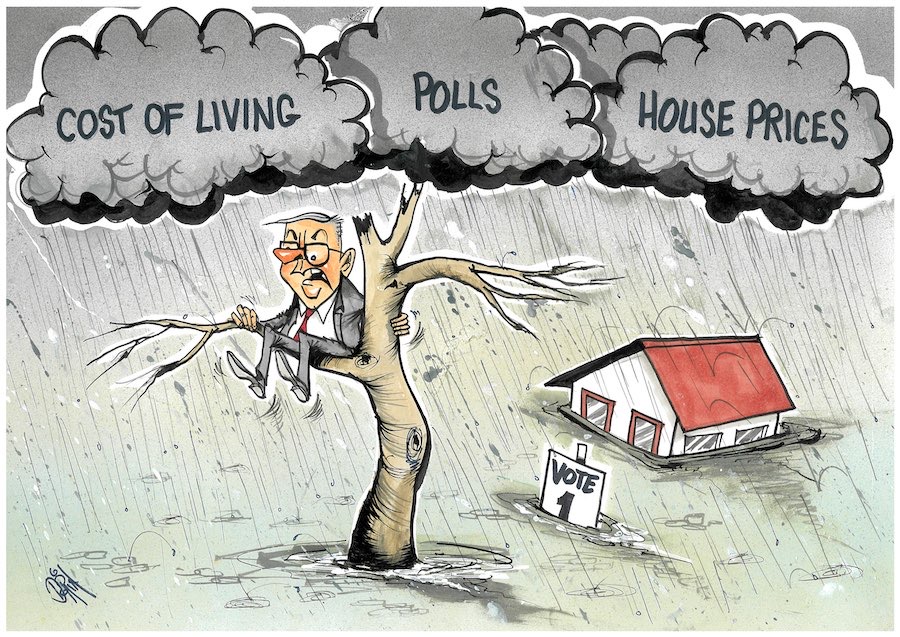
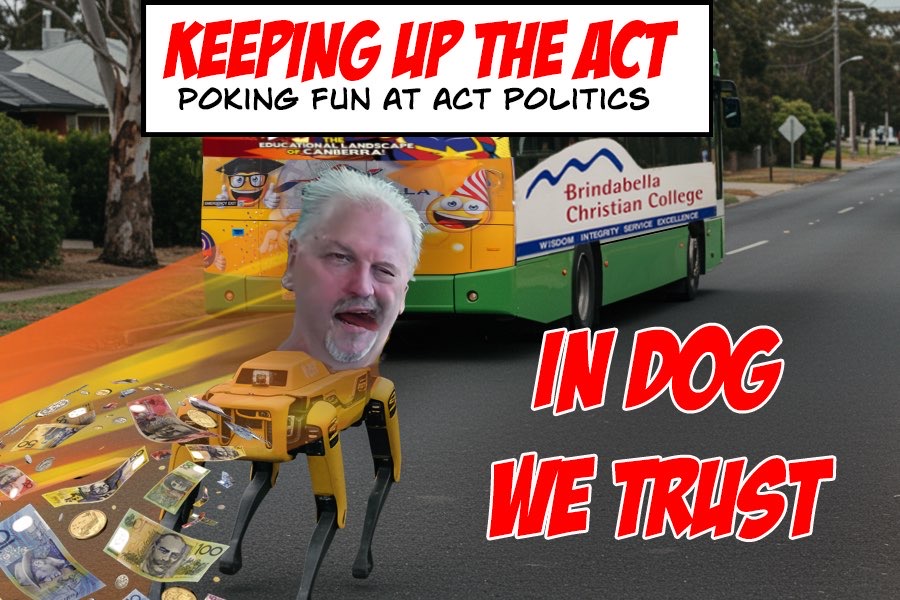
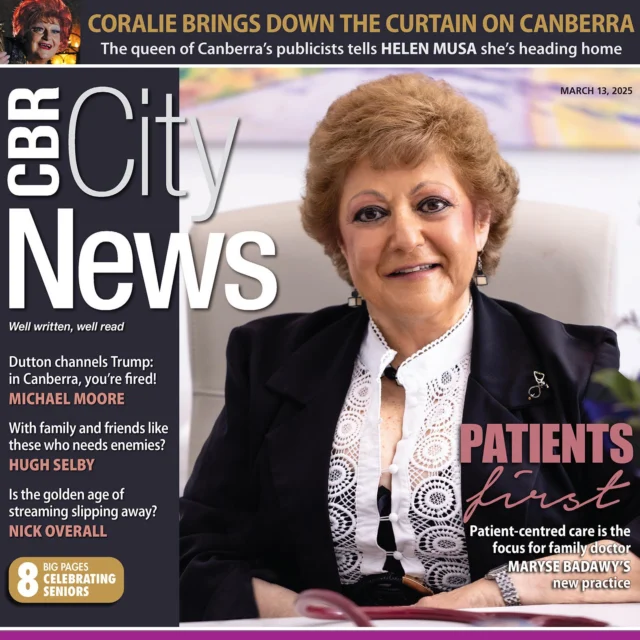

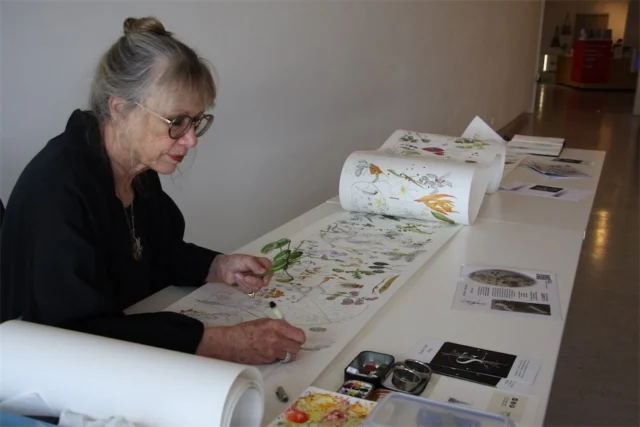
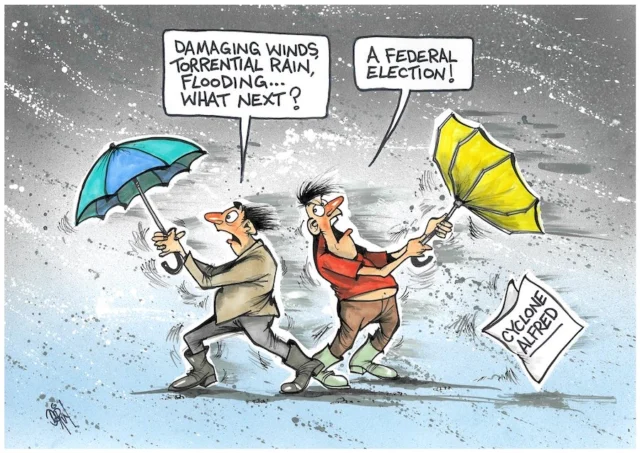

Leave a Reply